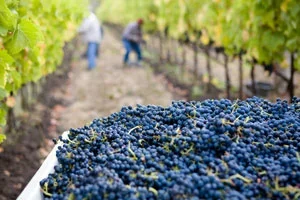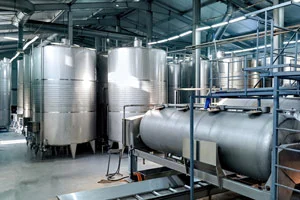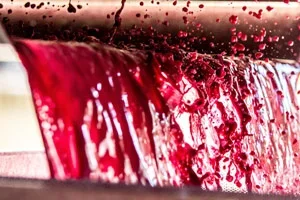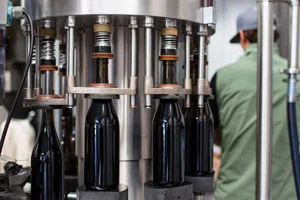Responsible winery
Products

At AGROVIN we are aware that changes in the climate are influencing modern winemaking, making it necessary to develop products in accordance with the grapes of the 21st century. In recent years, certain changes have been observed in the grape ripening process.
There is a tendency for there to be a mismatch between the earlier maturity in sugar content and the later maturity of aromas and polyphenols. So it is difficult to determine the optimum harvest point because, if we have the right probable degree, the maximum aromatic intensity has not yet been reached and the tannins are still immature or “green.”
This gap is a challenge for winemakers because consumers prefer wines with an intense aroma, ripe tannins and lower alcohol content, in short, wines that are organoleptically smooth and pleasant.
There are numerous studies that estimate an increase in the average temperature of the planet for the coming years, mainly affecting the summer months, which determine grape maturity.
These compositional changes produce wines with lower anthocyanin content and changes in the structure or degree of polymerization of the grape’s natural tannins, resulting in less colored wines and increased astringency and bitterness.
In short, wines with higher alcohol content, more prone to microbiological contamination and more sensitive to oxidation.
These compositional changes are also influenced by water availability; it has been shown that water deficit effectively regulates the expression of genes affecting anthocyanin and tannin biosynthesis (Castellarin and Di Gaspero, 2007).
In wines with low polyphenolic maturity, with a low presence of anthocyanins that are difficult to extract and herbaceous taste, it is necessary to reduce the maceration time, avoiding the extraction of these poorly polymerized tannins that will give the wine bitter sensations and astringency.
To this end, Agrovin has carried out numerous research projects to develop natural products that help to mitigate these effects.

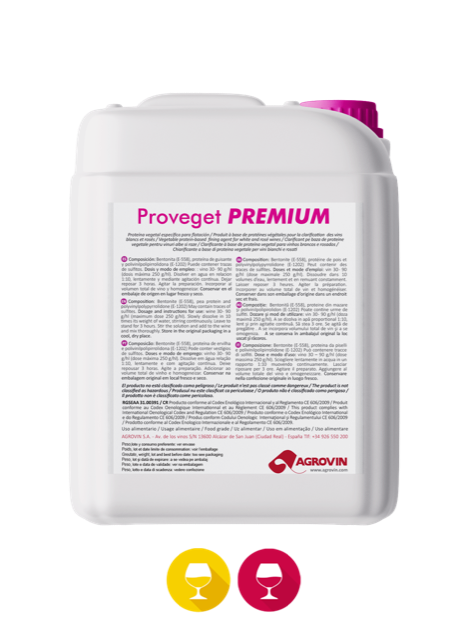
Proveget Premium
Under the WINEBALANCE project, a pea-based vegetable protein called Proveget Premium is being designed. This 2nd generation protein is oriented to the clarification of musts and wines in order to improve the colloidal structure of wine.
Before defining the aromatic or taste profile of a wine, it is important to work on those compounds that are interfering with its quality by contributing astringency, increasing the brownish tones or enhancing bitterness and dryness, but always from a perspective of respect for the products that are consumed, so we propose fining agents of greater specificity and quality within the category of organic and vegan.
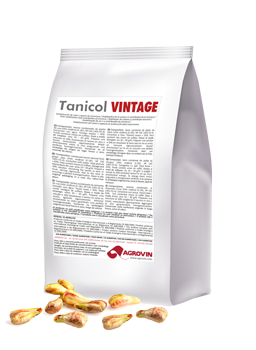
Tanicol Vintage
Condensed tannin from grape seed with great effect on color stability due to its great reactivity and capacity to combine with anthocyanins.
Increases the phenolic potential of the wine, providing great robustness and structure. Excellent in devatting where it increases the aroma of the wines, marking the varietal characteristics. These are some of the examples of the development of oenological products that allow adjusting the tannic concentration of the “climate change grapes”.
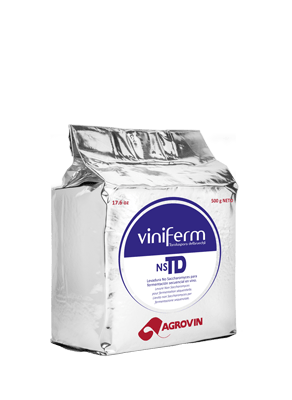
Viniferm NSTD
Developed to achieve higher quality wines despite the lower concentration of readily assimilable nitrogen (NFA) in the grapes due to very rainy springs and excessively dry summers, typical of global warming. In addition, Viniferm NSTD is a Non-Saccharomyces yeast strain with biocontrol capacity, i.e., it can displace the contaminating indigenous microflora, thus reducing the possibility of microbiological contamination of our wines.
Microstab product range
The approval in oenology of the application of Chitosan of fungal origin has provided the winemaker with a fundamental tool to control native populations of lactic acid bacteria and yeasts. Non-Saccharomyces.
Microstab product range comprises:
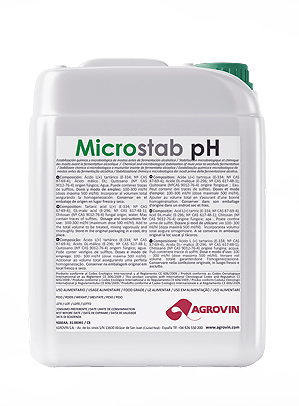
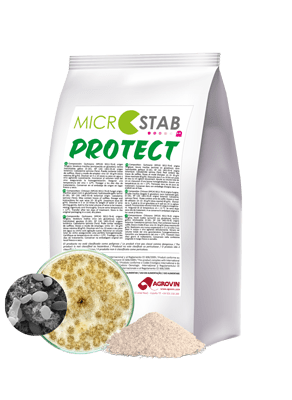
Microstab Protect
Its formulation based on gallic tannin, chitosan and inactivated yeasts rich in glutathione allows to reduce the concentration of microorganisms while having an antioxidant and antioxidase effect.
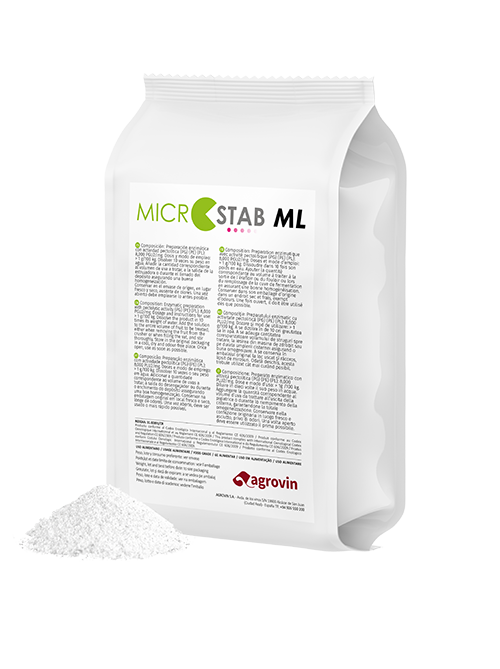
Microstab ML
Specific preparation that enhances the synergistic effect of fumaric acid and chitosan as biological stabilizers against lactic acid bacterias. It combines the bacteriostatic and bactericidal properties of fumaric acid, which acts by permeabilizing the membrane of lactic acid bacteria, and the antimicrobial effect of chitosan by altering the cellular structure.
